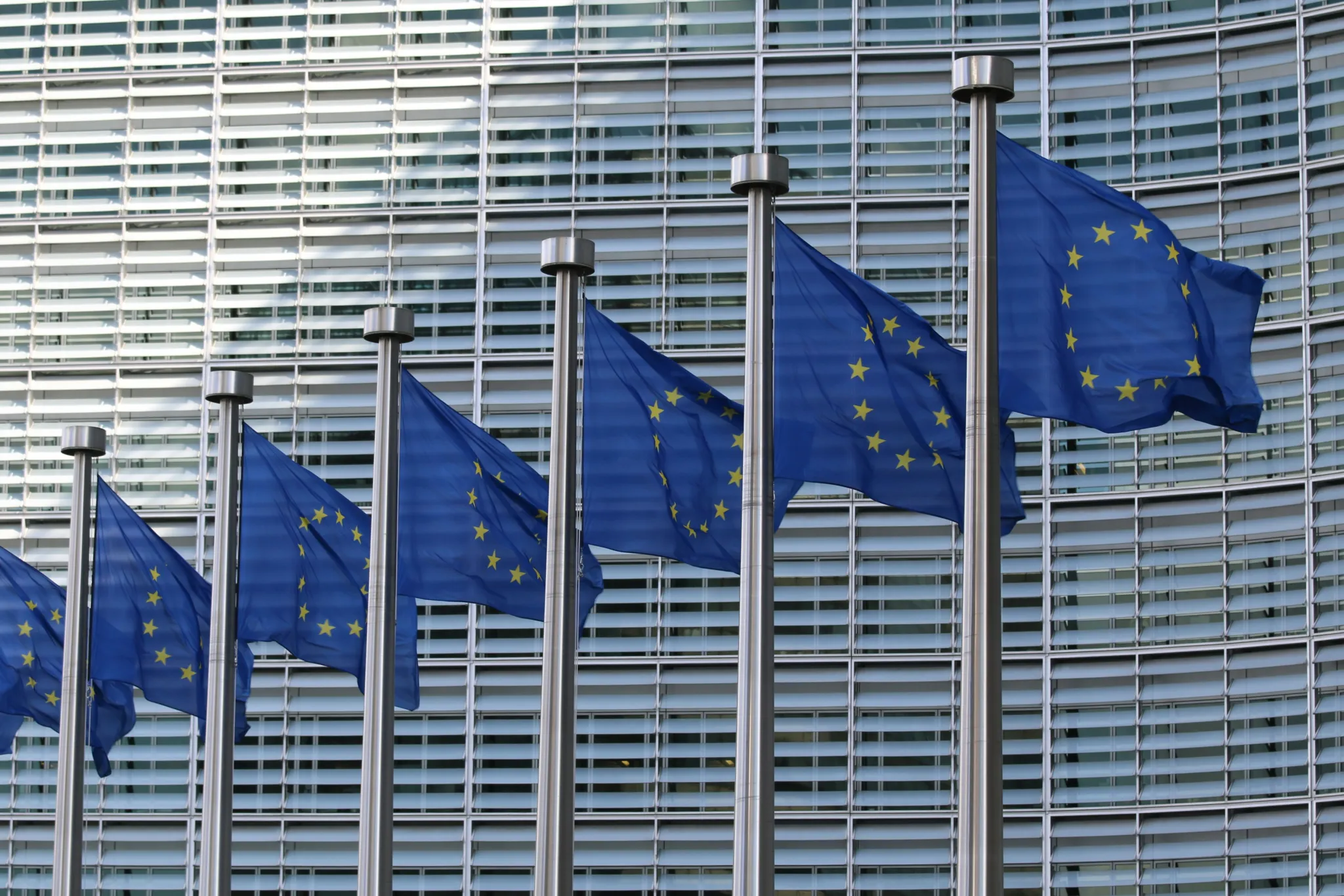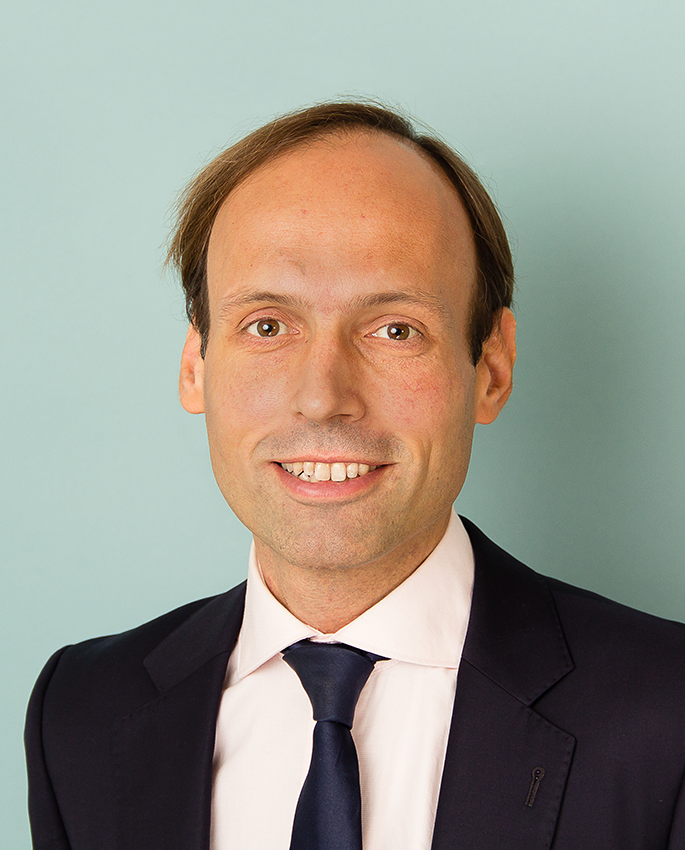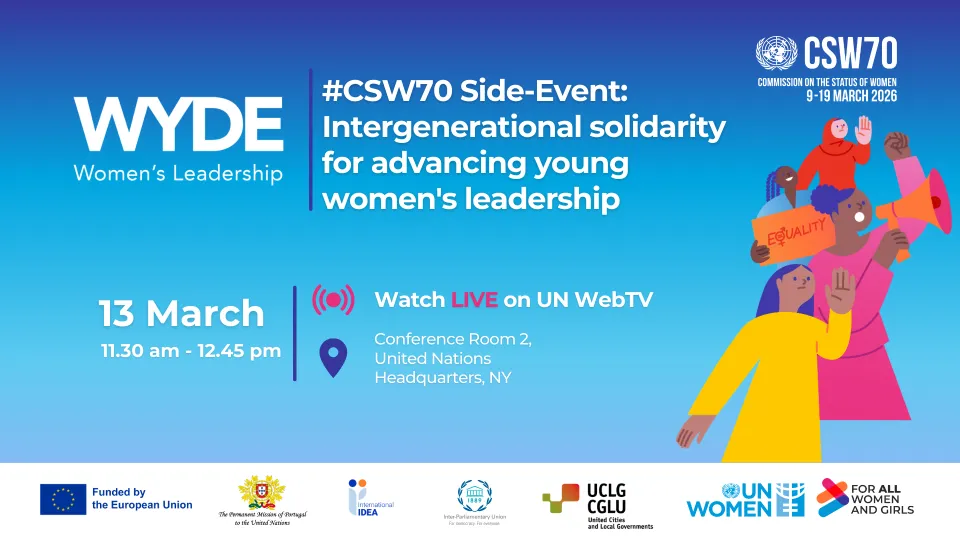Democracy assistance in the next MFF: a first impression

The European Commission has released its proposal for the next seven-year EU budget, the Multiannual Financial Framework (MMF) (2028–2034). This analysis looks at how democracy assistance is addressed in the external heading.
Something for everyone
A first readthrough of the text suggests that traditional language on upholding democratic values largely remains in place. The regulation refers to the importance of promoting the principles of democracy, good governance, the rule of law, human rights and multilateralism.
Significant new objectives have been added to the text, such as security, migration management and investments as core strategic interests of the Union. To the two overall objectives of promoting democracy and multilateralism, the proposal adjusts a third one emphasizing ‘the strategic interests of the Union’.
Among these multiple priorities, the real choices will sit in the numbers, which have thus far only been provided at macro-level. What do they tell us?
A numbers game
The Global Europe envelope has increased by 70 per cent, from EUR approximately 130 billion to EUR 215 billion according to the European Commission’s Communication on a dynamic EU budget for the priorities for the future. This is a welcome signal, especially following the collapse of USAID. Yet, what these bulk figures mean for the size of each heading requires further details on what is counted toward these amounts.
An amount of EUR 100 billion is added for a Ukraine Reserve, showing a strong commitment towards the country’s democracy and its bid for EU-membership. The Middle East, North Africa & Gulf region receives a dedicated envelope (EUR 43 billion), matching the Enlargement and Neighborhood budget—expect migration and investment to feature heavily.
A second shift in numbers is increased ‘geographisation’, under which a larger share of funding will go to regional and country programmes compared to the global programmes covering thematic priorities such as the promotion of democracy and human rights. The numbers suggest a shift from 76 per cent to 86 per cent for geographic spending.
Thematic priorities under the global programmes will be reduced. These traditionally support civil society without the consent of host governments. Global programmes will, moreover, now specifically complement regional projects, and all tools will be opened to the Enlargement region. Therefore, when zeroing in on the financial planning established by the MFF, there is a significant risk for the part that supports global democracy initiatives and civil society to diminish.
A third budgetary shift is the strong emphasis on flexibility. This ability to repurpose money during the budget’s implementation will be pursued via:
a.) A merger of the main external instruments in the proposed Global Europe (e.g., NDICI, IPA, HUMA), which facilitates the shifting of funds between regions and policy priorities.
b.) The deletion of all spending targets and markers on topics such as democracy, which in the preceding MFF have guaranteed minimum amounts to these causes.
c.) The wider use of cushions, which will include an increased size of the emerging challenges cushion, which will grow from EUR 9.5 billion to EUR 14.8 billion.
d.) Ample language on non-programmable aid. So far, no reference is made whether non-programmable aid can be used to promote values.
There are omissions of several long-standing democracy topics, the most notable being electoral assistance and support to parliaments.
Democracy in enlargement
The Enlargement budget will work primarily through so-called Enlargement Facilities, such as the ones for Ukraine, Moldova, and the Western Balkans. These Facilities will operate with an increased focus on conditionality. An important condition in this merit-based approach rests in the Fundamentals First approach, which bundles reforms in the fields of democracy, rule of law, and human rights together.
In the regulation, the Commission introduces conditionality through the concept of ‘performance based financing’. This approach carries three risks: a) it can lead to a situation of ‘performance without assistance’ when governments are expected to implement democratic reforms without technical assistance; b) it can underfund independent oversight bodies, civil society and free media, when only governments receive democracy support; and c) it can strengthen the hand of authoritarian-leaning leaders in countries such as Georgia and Serbia when they become the financial gatekeepers for democracy support.
The proposal highlights the use of the cushion in Neighborhood countries to counter various types of crises but not ones related to democracy, rule of law or human rights.
Non-Enlargement countries receive scant attention. With the emphasis on Enlargement and the Facilities for Enlargement countries, there is a risk that others in the neighborhood are poorly serviced to uphold democracy.
Recommendations
In the upcoming negotiations, the Council and European Parliament should focus on:
- Clarifying the numbers. The numbers presented are encouraging but generic, sometimes even confusing. Negotiators will need to focus on numbers to understand how language on supporting democracy translates into funding.
- Demonstrate ambition: The MFF proposal has the potential to position the EU as the world’s champion of democracy at home and abroad. This must be matched by concrete, protected funding.
- Democracy as a strategic asset: It underpins all of the EU’s interests—security, trade, migration, climate. Undermining democracy support risks all other external objectives.
- Balancing development vs migration & investment: negotiators should balance Global Gateway and migration with more established development objectives, such as democracy assistance. They should also define the balance between support to fragile countries versus richer Global Gateway countries.
- Flexibility: Member States and Parliament will want greater say in how MFF funds are spent. In their pushback, negotiators will ask for ‘flexibility with predictability’, including by re-introducing markers and spending targets for topics such as democracy, including in geographic programmes.
- Negotiators can consider dedicated flexible instruments, such as a ‘Fund for Democratic Openings’, ensuring that the EU seizes democratic opportunities, as in Syria or Bangladesh.
- Negotiators should insist that topics such as electoral assistance and parliamentary support are referenced more explicitly.
- Member States and Parliament should push for support to an enabling environment for Global Gateway, including through democracy assistance. This can take the shape of a ‘Global Gateway 360-fund’ or a percentage of each Global Gateway project spent on transparency and accountability.
- Translate ‘Fundamentals first’ in Enlargement into sufficient funding. Negotiators can request a spending target on Fundamentals, including in the Ukraine Reserve. They should ensure that ‘Performance-based funding’ becomes ‘Performance with Assistance’. Negotiators should request sufficient funds for non-Enlargement countries.
- Reverse conditionality should be considered to automatically repurpose funds toward independent oversight, activists and independent media when democratic backsliding occurs.
Negotiators have a long way to go but now know the Commission’s opening bid. The signal of an increased budget for external action is promising. But the proof is in the pudding, and only the exact budget figures will prove the optimists right. Negotiators should meanwhile remain steadfast on maintaining democratic values at the heart of EU external action.




